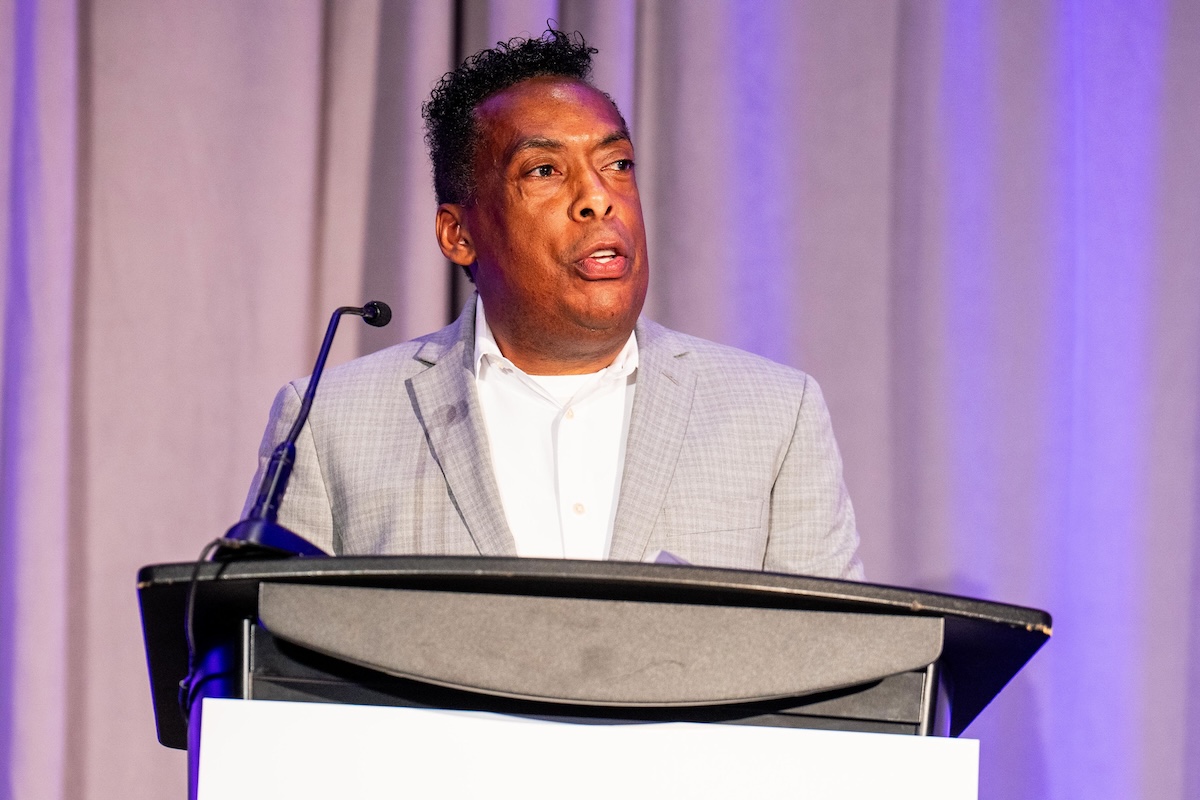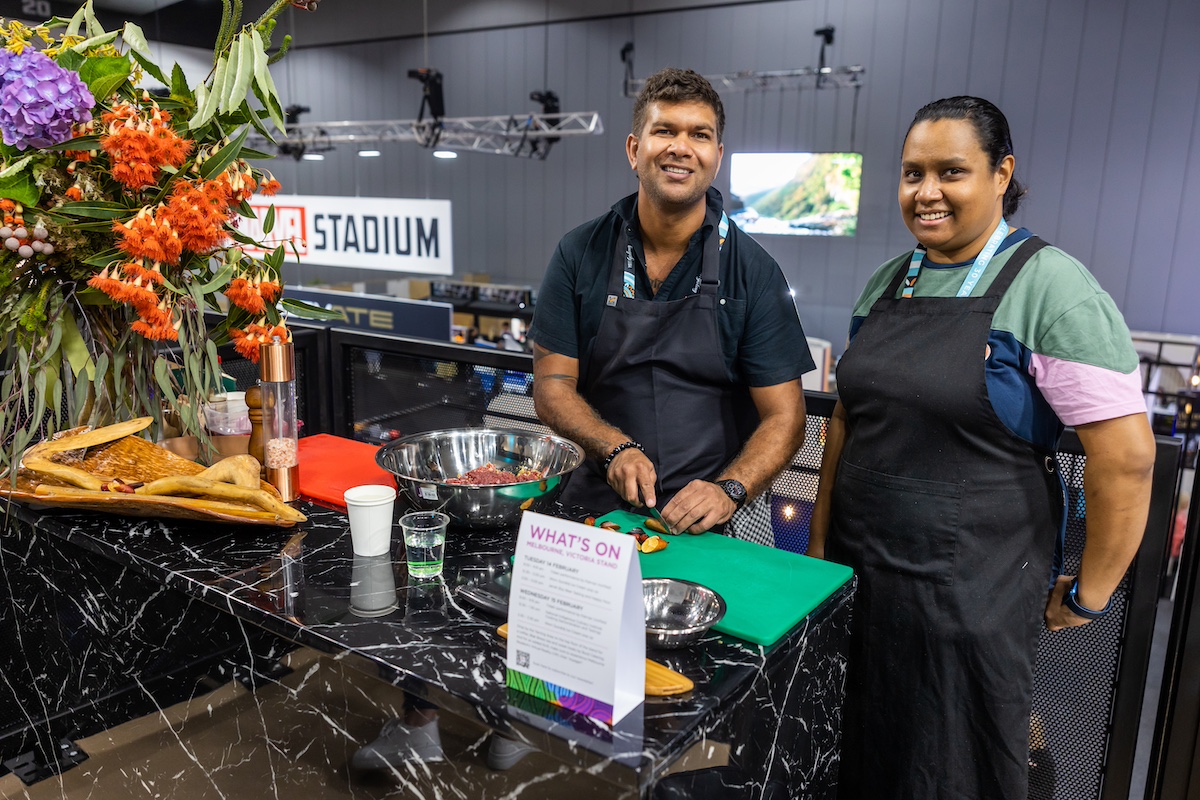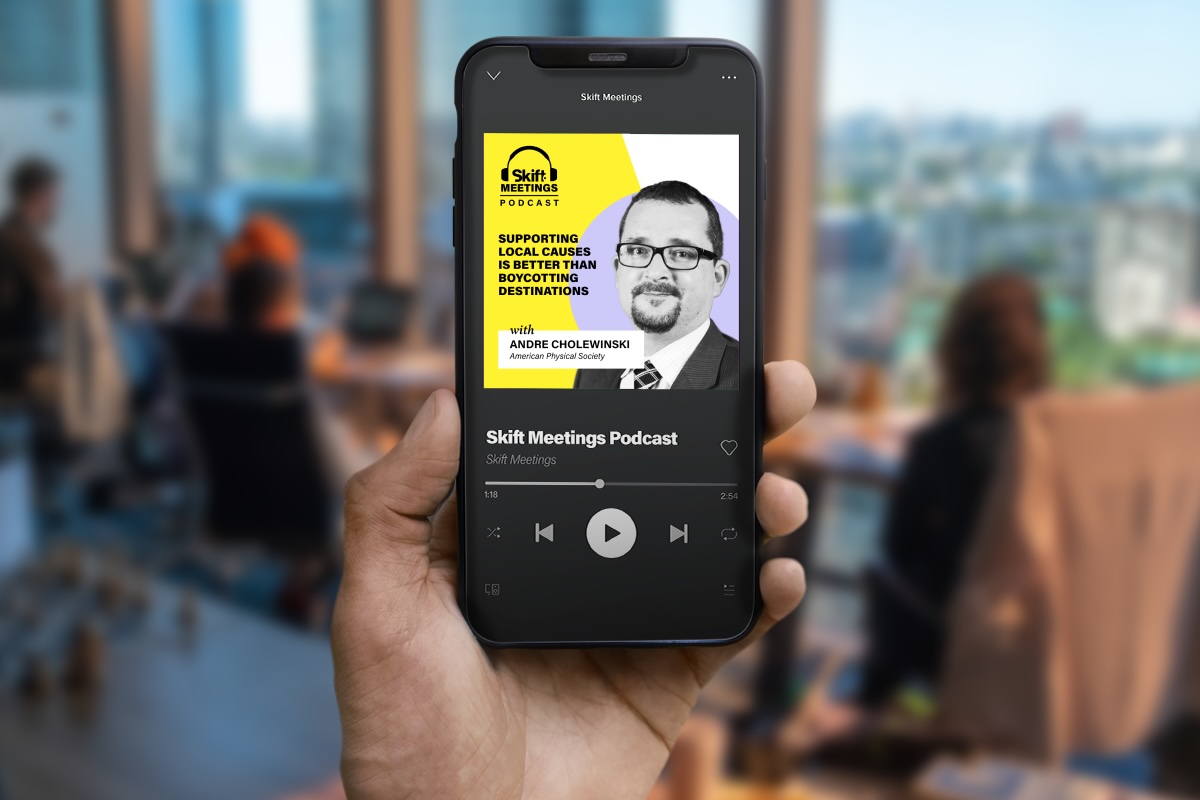Skift Take
Tech industry insiders say fake female speakers were featured in the DevTernity conference lineup to create the illusion of diversity.
*This story has been updated to feature a direct response from conference organizer Eduards Sizovs.
A software engineer and tech blogger, Gergely Orosz, was excited that a friend was planning to speak at the DevTernity conference on December 7-8.
He went to the conference website to check out his friend’s profile, but another speaker caught his eye. It was Anna Boyle, listed as a core Ethereum contributor and staff engineer at Coinbase.
“There are maybe a dozen core Ethereum contributors in the world, and I have not heard any of them work at Coinbase,” says Orosz.
He dug further but found nothing. “I reached out to friends at Coinbase and was told she is not an employee. I researched on Ethereum and found no one,” says Orosz.
Fake Women Speakers
According to Orosz, Anna Boyle doesn’t exist. She is a fake. “I did more digging and found other fake speakers, going back years,” says Orosz. Two other profiles highlighted by Orosz as fakes are Alina Prokhoda, and Natalie Stadler, the latter featured in last year’s edition of the conference.
There may be legitimate reasons for one or two speakers to keep a low profile, but this many at one conference seems malfeasance.
“In tech, never have I observed fake speakers with AI-generated images and associated with publicly traded companies listed on any conference website, large or small.”
Organizer’s Response
Eduards Sizovs, the founder of the DevTernity conference, responded publicly in a defiant manner on X by saying, “I’ll keep doing a great conference. With all speakers, half the speakers, or I’ll be speaking alone on all tracks and lose my voice…. But the mob won’t kill me.”
His rambling tweet continued, “so, I’ve been called out (and canceled?) by listing a person on my conference’s website (who never actually made it to the final program). Just a random person on the conference website canceled all the good work I’ve been doing for 15+ years,” Sizovs wrote. “I said it was a mistake, a bug that turned out to be a feature.”
He did not offer an apology, as Sizovs says he did nothing wrong. “I won’t defend myself because I don’t feel guilty. I did nothing terrible that I need to apologize for,” he says.
DevTernity’s scheduled speakers, including some from big brands such as Microsoft and AWS, dropped out. Sizovs has confirmed to Skift Meetings that the conference has been canceled. “We will be canceling the event. All resources will be updated as soon as wrongdoers stop attempting to hack / brute-force / social-engineer our resources, including websites, social media profiles, and emails, which makes the situation worse,” he said.
Sizovs has not offered an explanation but hinted that external forces were at play. “It’s now obvious that someone wanted to intentionally damage the conference,” he said. “Later, there will be a larger public statement on my blog (sizovs.net) and my reflection on what has happened.”
Deceitfulness
Granted, the tech industry has a problem with its gender balance. However, making up fake female speakers is deceitful and wrong.
Besides hoping to appear more diverse and inclusive than in actuality, there is another reason tech insiders feel Sizovs fabricated women speakers. Robert C. Martin, who is referred to as “Uncle Bob,” is a software engineer whose sexist remarks and views on race and politics are polarizing. He was speaking at this year’s DevTernity.
“This is systematic sexism and organizers trying to cover for misogynist speakers by inventing women out of whole cloth to be fellow speakers,” said Liz Fong-Jones, the field chief technology officer at Honeycomb, a developer tools company, and a frequent tech conference speaker. “A regrettable part of being a woman in technology is having to defend against these subtle attacks to protect the integrity of all women in the industry.”
She spoke to Skift Meetings while in Las Vegas, attending and speaking at AWS re:Invent. She said she would never speak at a conference where Martin was also presenting.
“Sizovs went to a great deal of trouble because he wanted to platform Uncle Bob,” she said.
By creating fake female speakers, he was able to land male speakers who refused to speak at events that were not diverse. “He did what he did for the sake of attracting prominent men who are allies, sponsors who will not sponsor all-male conferences, and women who do not want to be the only woman speaking,” explains Fong-Jones.
The Julia Rabbit Hole
Some say the event’s co-organizer, Julia Krisina, is also a fake. “She posts the same content he does with a time delay. He is catfishing, using her image, as she is his female mouthpiece,” says Fong-Jones. “There are screenshots of him being logged into two accounts as well as Julia’s account.”
Fake female speakers represent more than just ethical violations. “This is all so incredibly damaging to women working in technology,” adds Fong-Jones.
A popular Instagram account, @coding_unicorn, also uses the name Julia. The profile is openly connected to Dev.events, the company behind DevTernity. It makes no mention of her not being a real person. The posts feature a young female in various poses, usually sitting at a Mac laptop with a caption about developer skills or current events in tech. At least one post features a paid promotion in partnership with Logitech.
In Sizovs’ response on X, Julia is mentioned as a speaker who dropped out of DevTernity. “Julia switched to helping with the organization (you can’t do both speaking and organization) [ed].” This is despite her LinkedIn profile listing her working for the organization on a contract for the last six years.
In another twist, Sizovs admits to running the account. His LinkedIn profile‘s about section lists “Growing the most popular coding account on Instagram with 120K followers: @coding_unicorn.”
Several speakers bureaus can help find diverse speakers. The Diverse Speaker Bureau in the UK and Outspoken Agency in the U.S. are two examples. But, if your conference isn’t inclusive, no diverse speaker will want to speak there, even if recruited.
Photo credit: Ben Moreland / Unsplash





